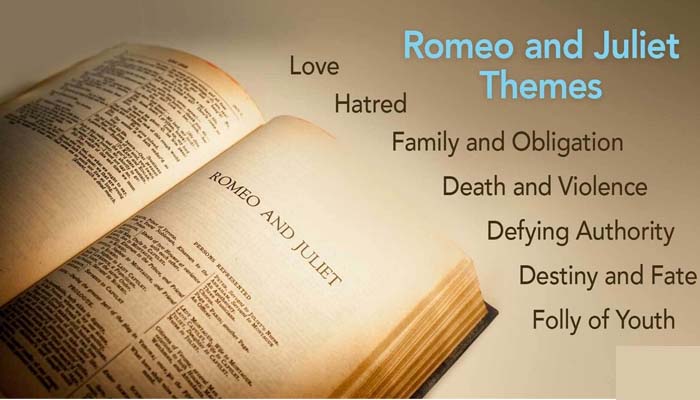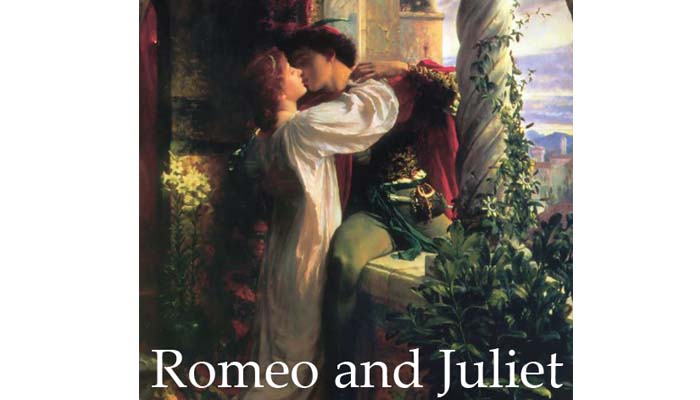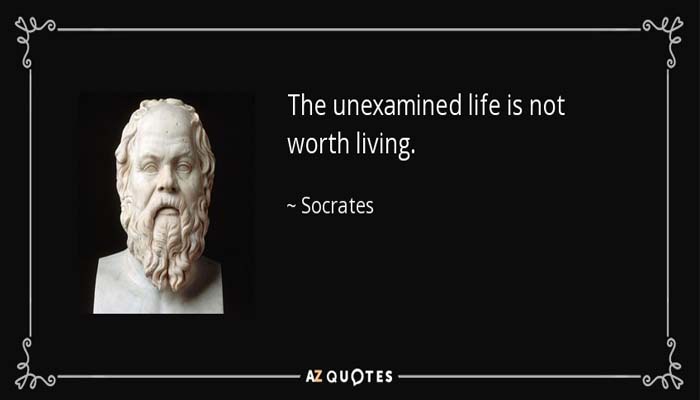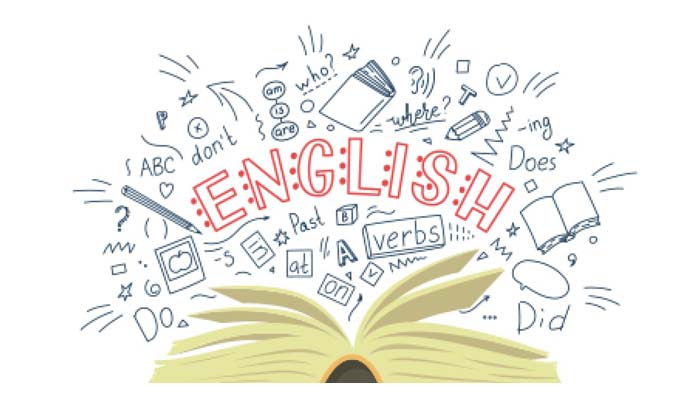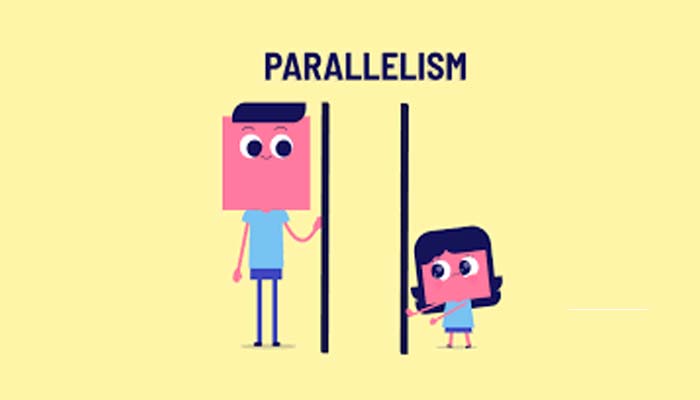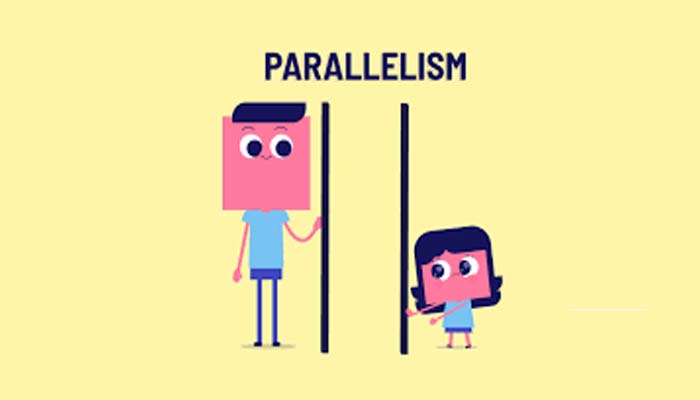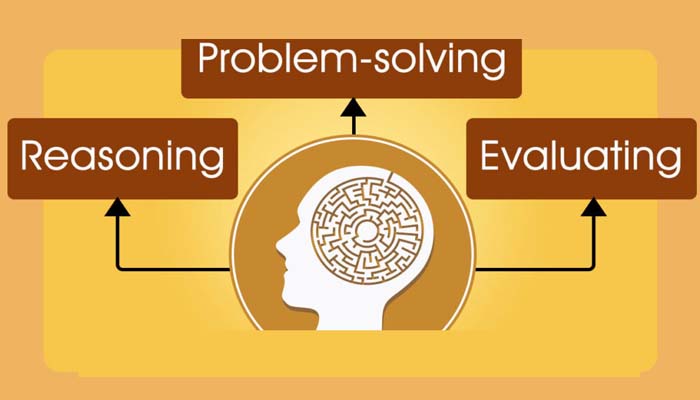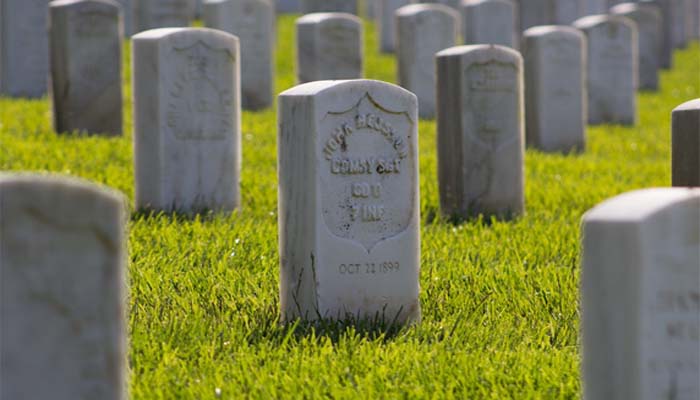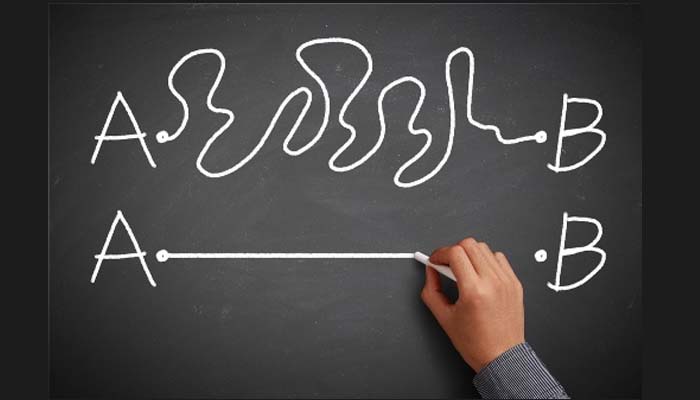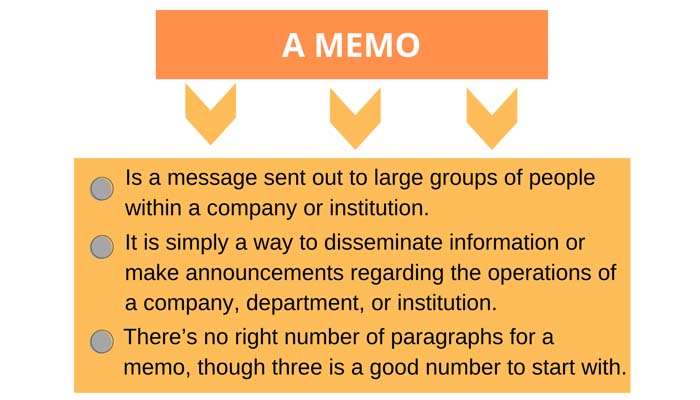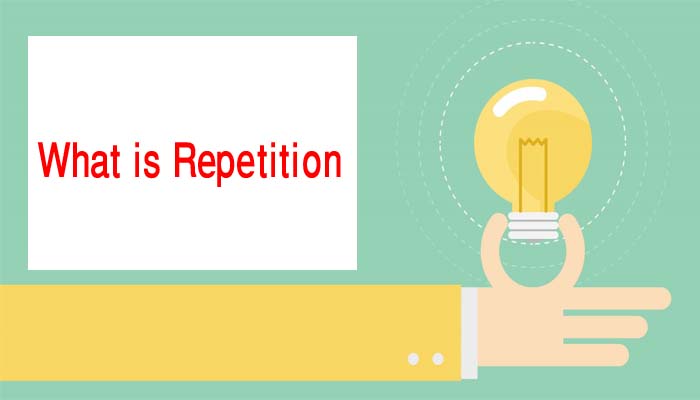
Repetition is an important literary device that involves using the same word or phrase or sentence over and over again in a piece of writing or speech. Repetition is common in both poetry and prose. Writers of all kinds use repetition, but it is particularly popular in oration and spoken word, where a listener’s attention might be more limited. Repetition is when words or phrases are repeated in a literary work. Repetition is also often used in speech, as a rhetorical device to bring attention to an idea.
A literary strategy known as repetition includes purposefully employing a word or phrase two or more times in a speech or written piece for emphasis. The words or phrases must be repeated closely together in order for repetition to be audible. In poetry or prose, using the same words or phrases again can help the reader understand an idea and/or help them remember it.
Examples of Repetition:
- Let it snow, let it snow, let it snow.
The ability to emphasize specific details that the writer or speaker selects as relevant makes repetition an essential literary element. It signals to the reader or audience when to pay close attention to the language and when the words being used are important enough to be repeated.
Because it can serve to accentuate a point and make a speech simpler to follow, repetition is a preferred technique among orators. Additionally, research have shown that repeating a word can persuade listeners of its veracity. Repetition is a technique used by speakers and writers to give words rhythm. Repetition adds musicality to a text and improves its musicality, just like other literary elements like rhyme, consonance, and assonance.
Different Types of Repetition
There are unique terms for many different types of repetition, most of them from Greek origin.
Anaphora: Repetition of a word or phrase at the beginning of several subsequent lines. Martin Luther King Junior’s speech “I Have a Dream” is a famous example, as he repeats “I have a dream” at the beginning of several lines.
Mesodiplosis: Repetition of a word in the middle of every line of clause. For example: “we are perplexed, but not in despair; Persecuted, but not forsaken; cast down, but not destroyed.”
Epistrophe: Repetition of a word at the end of every line or clause. For example: “What lies behind us and what lies before us are tiny compared to what lies within us.” (Ralph Waldo Emerson)
Symploce: A combination of anaphora and epistrophe, symploce is the repetition of a word or phrase at the beginning of a line and the repetition of another phrase at the end of the line. For example, symploce occurs in the following statement from Bill Clinton: “When there is talk of hatred, let us stand up and talk against it. When there is talk of violence, let us stand up and talk against it.”
Antanaclasis: From the Greek for “bending back,” this is repetition of the same word, but with different denotations or connotations, often as a type of pun. For example, “Marriage is a wonderful institution, but who wants to live in an institution?” (Groucho Marx)
Antistasis: More extreme than antanaclasis, this is the repetition of words in opposite senses. For example: “We must, indeed, all hang together or, most assuredly, we shall all hang separately.” (Benjamin Franklin)
Negative-Positive Restatement: Repetition of an idea in a negative way first, and then in a positive way. An example is JFK’s famous line “Ask not what your country can do for you, ask what you can do for your country.”
Epizeuxis or palilogia: Repetition of the same word or phrase without any words in between. For example, the first three words of the folk song “Row, row, row your boat.”
Diacope: Similar to epizeuxis, this is the repetition of a word or phrase with only one or two words between the repeated words. “Diacope” comes from the Greek for “to cut in two.” The famous line from Shakespeare’s rendition of the St. Crispin’s Day speech in Henry V is an example: “We few, we happy few, we band of brothers.”
Conduplicatio: Repetition of one word in different places throughout a line or paragraph. Elie Weisel used this technique in his The Perils of Indifference: “I am filled with a profound and abiding gratitude to the American people. Gratitude is a word that I cherish. Gratitude is what defines the humanity of the human being.”
Anadiplosis or gradatio: Repetition of the last word of one line as the first word of the next. For example, the proverb “When the going gets tough, the tough get going.”
Epanalepsis: Repetition of the first word or words of a line also at the end of that line. For example, “Nothing can be created out of nothing.” (Lucretius)
Diaphora: Repetition of a name to refer to the person and then to the meaning of the name. The colloquialism “Boys will be boys” is an example of diaphora.
Epimone: Repetition of a phrase question for emphasis or to dwell on a point. From the Greek for “delay.” An example of epimone is Sojourner Truth’s speech from the Women’s Convention in 1851 where she repeated the rhetorical question “And ain’t I a woman?” several times over.
Polyptoton: Repetition of words with the same root but different forms. For example, “With eager feeding, food doth choke the feeder.” (William Shakespeare, Richard II)
Examples of Repetition:
- Time after time.
- Heart to heart.
- Boys will be boys.
- Hand in hand.
- Get ready; get set; go.
- Hour to hour.
- Sorry, not sorry.
- Over and over.
- Home sweet home.
- Smile, smile, smile at your mind as often as possible.
- Alone, alone at last.
- Now you see me; now you don’t.
- Rain, rain go away.
- All for one and one for all.
- It is what it is.
- “Hey! I’m walking here! I’m walking here!”
- “You talkin’ to me? You talkin’ to me? You talkin’ to me? Then who the hell else are you talkin’ to? You talkin’ to me? Well, I’m the only one here.”
- “You don’t understand! I coulda had class. I coulda been a contender. I could’ve been somebody, instead of a bum, which is what I am.”
- “Bond. James Bond.”
- “Wax on. Wax off.”
- “You is smart. You is kind. You is important.”
- “Stupid is as stupid does.”
- “Roads? Where we’re going, we don’t need roads.”
- “The first rule of Fight Club is: You do not talk about Fight Club.”
- “You’re out of order! You’re out of order! The whole trial is out of order! They’re out of order!”
- Ashes To Ashes, dust to dust (English Book of Common Prayer)
- The sad truth is that the truth is sad. (Lemony Snicket)
- The horror! The horror! (Heart of Darkness)
- And the Raven, never flitting, still is sitting, still is sitting (The Raven)
- And that government of the people, by the people, for the people, shall not perish from the earth (Gettysburg Address)
- O Captain! my Captain! (O Captain! My Captain!)
- Think and wonder, wonder and think (Dr. Seuss)
- Water, water everywhere, / Nor any drop to drink (The Rime of the Ancient Mariner)
- Words, words, words (Hamlet)
- Give a man a fish and he will eat for a day. Teach a man to fish and you feed him for a lifetime. (Proverb)
Repetition Examples from Literature:
Example #1
I’ve known rivers:
I’ve known rivers ancient as the world and older than the flow of human blood in human veins.
My soul has grown deep like the rivers.
(“The Negro Speaks of Rivers” by Langston Hughes)
Hughes uses different types of repetition here, including anaphora and conduplicatio. The effect of repetition in this poem is to make the poem sound as though it’s coming from a storyteller.
Example #2
Do not go gentle into that good night,
Old age should burn and rave at close of day;
Rage, rage against the dying of the light.
Though wise men at their end know dark is right,
Because their words had forked no lightning they
Do not go gentle into that good night.
Good men, the last wave by, crying how bright
Their frail deeds might have danced in a green bay,
Rage, rage against the dying of the light.
Wild men who caught and sang the sun in flight,
And learn, too late, they grieved it on its way,
Do not go gentle into that good night.
Grave men, near death, who see with blinding sight
Blind eyes could blaze like meteors and be gay,
Rage, rage against the dying of the light.
And you, my father, there on the sad height,
Curse, bless, me now with your fierce tears, I pray.
Do not go gentle into that good night.
Rage, rage against the dying of the light.
(“Do Not Go Gentle Into That Good Night” by Dylan Thomas)
Dylan Thomas’s poem “Do Not Go Gentle Into That Good Night” is one of the most famous villanelles ever written. The repeated lines “Do not go gentle into that good night” and “Rage, rage against the dying of the light” continue to build intensity throughout the poem until the power of the final couplet.
Example #3
How the danger sinks and swells,
By the sinking or the swelling in the anger of the bells,
Of the bells,
Of the bells, bells, bells, bells,
Bells, bells, bells—
In the clamor and the clangor of the bells!
(“The Bells” by Edgar Allen Poe)
This famous poem by Edgar Allen Poe features many different repetition examples, including epizeuxis, conduplicatio, and polyptoton. The word “bells” is repeated 62 times throughout the poem, often without words in between (epizeuxis). This particular type of repetition helps to make the poem sound much like the tolling of bells.
Example #4
Macbeth (William Shakespeare)
Tomorrow, and tomorrow, and tomorrow,
Creeps in this petty pace from day to day,
To the last syllable of recorded time;
And all our yesterdays have lighted fools
The way to dusty death.
In this Shakespearean soliloquy, Macbeth is lamenting the death of his wife and repeats the word “tomorrow” three times. Macbeth’s repetition of this word calls attention to the fact that his wife no longer has any tomorrow, and that the tomorrows Macbeth has remaining will be a repetition of life without her.
The rhythm established by the repetition of tomorrow also serves to highlight a sense of futility and mundanity in a word that typically connotes the expectation of change or something new. Instead, the repetition of the word renders it meaningless and without the promise of hope. Therefore, just as Macbeth has accumulated nothing in the play, his accumulation of tomorrows also represents nothing.
Example #5
A Dog Has Died (Pablo Neruda; translated by Alfred Yankauer)
My dog has died.
I buried him in the garden
next to a rusted old machine.
Some day I’ll join him right there,
but now he’s gone with his shaggy coat,
his bad manners and his cold nose,
and I, the materialist, who never believed
in any promised heaven in the sky
for any human being,
I believe in a heaven I’ll never enter.
Yes, I believe in a heaven for all dogdom
where my dog waits for my arrival
waving his fan-like tail in friendship.
In this poem, Neruda uses repetition of the word “heaven,” both as a place and a concept. This demonstrates the grief the poet feels for how death has separated him from the friendship of his dog. This is an interesting use of repetition as a literary device in that it is the separation of the poet from his dog through death that is emphasized, more than the dog’s actual death.
Neruda achieves this through the poet stating that he does not believe in a heaven for humans, but he does believe in a heaven for dogs. The fact that the poet will “never enter” this heaven for “dogdom” indicates his realization that the dog’s death means a permanent separation of their friendship. Through this repetition of heaven as a concept for dogs but not humans, the reader gains an even greater sense of the grief the poet must be experiencing. The image of the dog waiting for his human’s arrival in heaven is therefore even more heartbreaking.
The only way the poet can “join” his dog again is by dying and being buried in the same garden. However, this juxtaposition in burial is as meaningless as the “rusted old machine” next to them; it represents earthly decay rather than the promised afterlife of heaven and togetherness.
Example #6
The Ballad of the Sad Cafe (Carson McCullers)
But the hearts of small children are delicate organs. A cruel beginning in this world can twist them into curious shapes. The heart of a hurt child can shrink so that forever afterward it is hard and pitted as the seed of a peach. Or again, the heart of such a child may fester and swell until it is a misery to carry within the body, easily chafed and hurt by the most ordinary things.
In this passage, McCullers repeats the words “heart” and “child.” This repetition is an effective literary device in that it reinforces for the reader that the heart is both impressionable and vulnerable in children, just as a child is impressionable and vulnerable as well. By linking and repeating these words, McCullers provides clarity for readers that what is done to a child will affect their heart, and therefore affect their capacity for love and emotion for the remainder of their lives. Through repetition, McCullers conveys to the reader that the heart as an “organ” and a child are subject to the same pain and lasting consequences.
Many words, including reiteration, repeat, repeating, restatement, rephrasing, recounting, iteration, recital, recap, reprise, echo, echo, copy, copying, and quotation, have meanings that are very similar to repetition.
Read: What is a memo? How to write a memo
By Rabby Sharif



